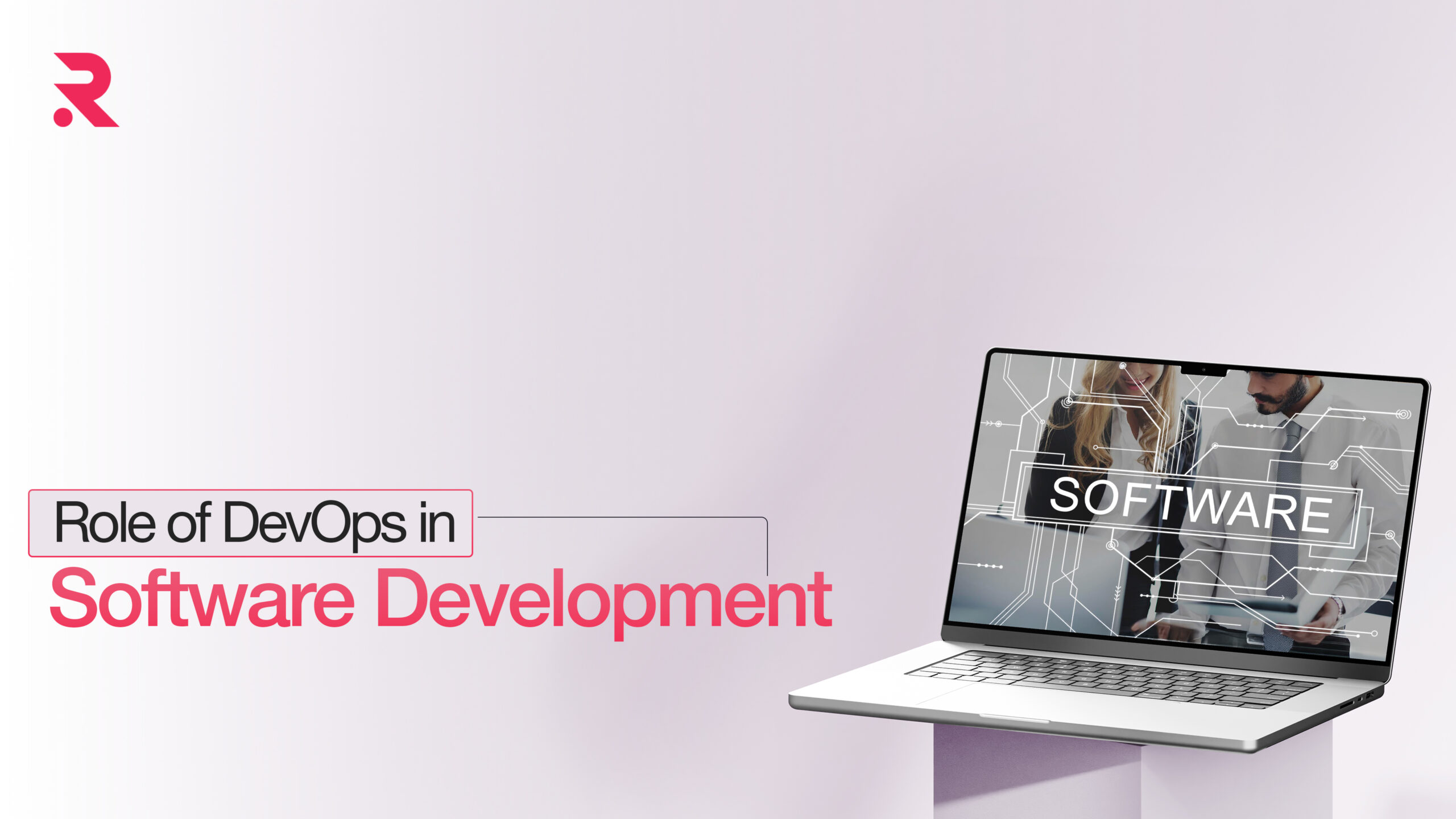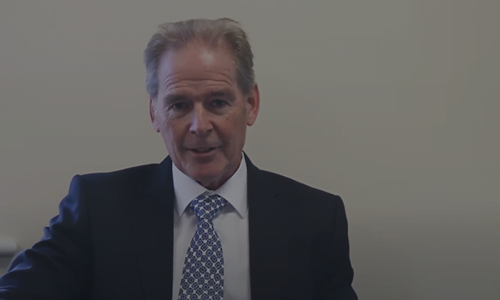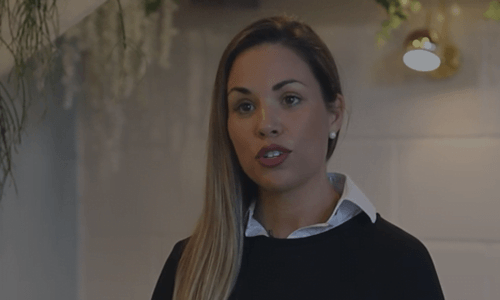Data Privacy Laws Every Business Software Developer Should Know
In 2023 alone, ecommerce companies globally lost more than $1.5 billion in fines as a result of data privacy infractions. Whether creating a straightforward eCommerce site or an enterprise SaaS product, neglecting privacy legislation may cost you severe penalties, legal complexities, and lost credibility.
- April 17, 2025
- by Tarun


Why Data Privacy Matters to Developers
Data privacy is no longer just a legal issue—it’s at the very center of software developers’ obligations. Every line of code, every query against data, and every capability you add has legal repercussions. With laws everywhere getting tougher, developers must conform to a few different privacy laws depending on where users are.
This blog will explain key data privacy laws that every business software developer should know, how they impact development processes, and how to stay compliant. Whether you’re building B2B software, consumer apps, or enterprise solutions, this blog will walk you through the complex process of data privacy laws.
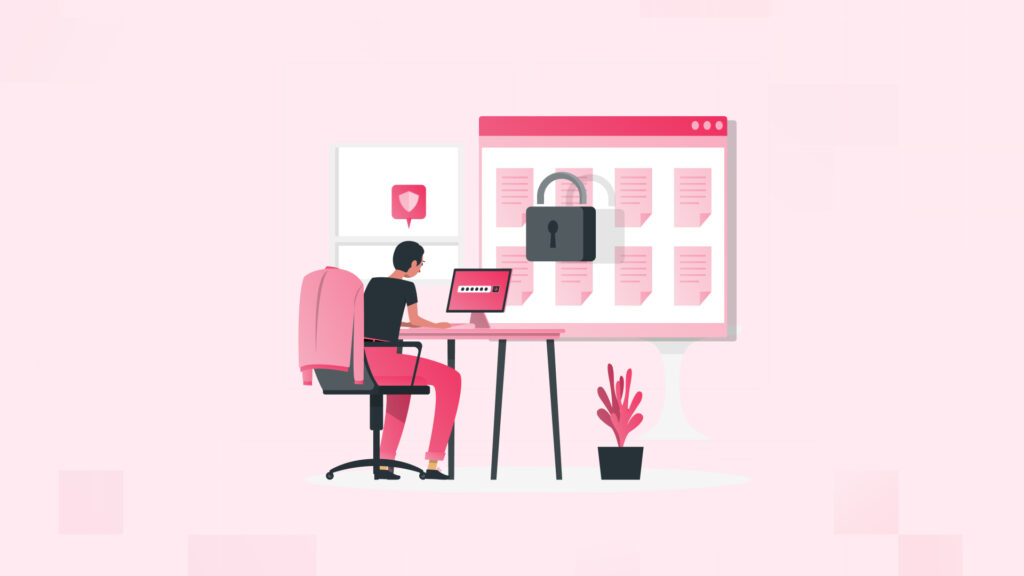
The Gold Standard for Data Privacy
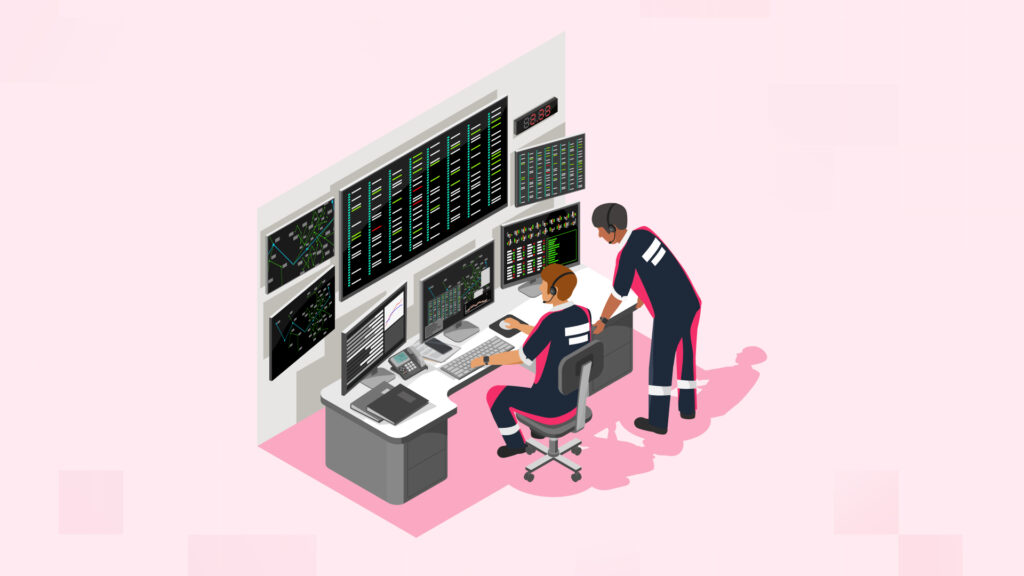
General Data Protection Regulation (GDPR), what is GDPR?
The General Data Protection Regulation (GDPR) is the strongest data privacy legislation across the world. Implemented in the European Union (EU) and European Economic Area (EEA) since May 25, 2018, GDPR covers any business globally that gathers, processes, or stores EU citizens’ data.
Key Principles of GDPR
Software developers need to incorporate the seven fundamental principles of GDPR into their applications:
Gather data lawfully and inform users about how you use it to ensure lawfulness, fairness, and transparency.
- Collect data only for specific, legitimate purposes and avoid using it for anything beyond those purposes.
- Data Minimization – Gather just the required data.
- Accuracy – Maintain user data current and fix mistakes in a timely manner.
- Storage Limitation – Don’t store data longer than necessary.
- Integrity and Confidentiality – Use strong security to avoid breaches.
- Accountability – Companies have to document efforts to comply.
GDPR Developer Duties
- If you’re developing software that processes EU user data, you have to:
- Get explicit user consent prior to collecting personal information.
- Make users able to view, modify, or erase their data (Right to be Forgotten).
- Use strong encryption and anonymization to safeguard user data.
- Inform authorities within 72 hours if a data breach has occurred.
Employ privacy-by-design principles, making security a part of the system and not an afterthought.
GDPR Non-Compliance Penalties
Penalties for non-compliance with GDPR are stringent, up to €20 million or 4% of worldwide turnover, whichever is more. Regulators fined Amazon €746 million in 2021 for GDPR non-compliance related to its advertising.
What is the California Consumer Privacy Act (CCPA)?
The California Consumer Privacy Act (CCPA) is amongst the strongest data privacy laws in the U.S., providing consumers in California increased control over personal information. The law has been enforced since January 1, 2020, and pertains to any business that maintains or sells consumer data of Californians, including if the entity is headquartered somewhere other than in the U.S.
Who is required to be CCPA-compliant?
Companies need to comply with CCPA if they fall under any of these:
- Have a gross annual revenue of $25 million or higher
- Receive, buy, or sell personal information of 50,000+ California consumers
- Generate 50% or more of their revenue by selling personal information
Unlike GDPR, CCPA is more concerned with user control and data transparency than asking companies to justify the collection of data.
Important Rights Under CCPA
The law entitles California consumers to:
- Allow users to request and receive information about the data you collect and the reasons for collecting it, upholding their Right to Know.
- Right to Delete – Users may request businesses delete their information.
- Right to Opt-Out – Users may stop businesses from selling their information.
- Right to Non-Discrimination – Companies may not discriminate against users who use their right to privacy (e.g., increasing price if they choose not to have their data collected).
Developer Obligations Under CCPA
If your application deals with California users, you must:
- Update privacy policies with obvious data collection information.
- Make a simple method of opting out available (e.g., a “Do Not Sell My Data” button).
- Have data access & deletion requests accepted within 45 days.
- Include security protocols for avoiding data breaches.
- Prevent dark patterns (misleading UI/UX that prevents users from opting out).
CCPA Non-Compliance Penalties
- Unintentional Noncompliance: Up to $2,500 for each noncompliance
- Intentional Noncompliance: Up to $7,500 for each noncompliance
- Penalties for Data Breaches: Customers can bring actions against companies up to $750 per injured customer
Example: Sephora was penalized $1.2 million in 2022 for not reporting data sales and CCPA opt-out rights violations.
What is China’s Personal Information Protection Law (PIPL)?
China’s Personal Information Protection Law (PIPL), enforced on November 1, 2021, is the country’s first comprehensive data privacy law. It is often compared to GDPR due to its strict regulations on how personal data is collected, stored, and transferred.
PIPL applies to any business or developer worldwide that processes data of Chinese citizens—even if the company is not based in China.
Who Must Comply with PIPL?
If your software or business:
- Collects or processes data from Chinese residents, even if based abroad
- Provides goods or services to people in China
- Uses automated decision-making (e.g., AI-driven advertising, profiling)
Then, PIPL applies to you.
Key Principles of PIPL
PIPL follows strict user consent rules and enforces:
- Specific and informed consent – Users must be clearly informed about how their data is used.
- Minimized data collection – Only necessary data should be collected.
- Separate consent for sensitive data – Health, financial, or biometric data requires additional consent.
- Data localization – Certain data must be stored in China (e.g., critical infrastructure data).
- Strict cross-border data transfer rules – Businesses must pass security assessments before sending Chinese data abroad.
Developer Responsibilities Under PIPL
If your software handles data from Chinese users, you must:
- Obtain clear and informed consent before collecting user data.
- Allow users to withdraw consent easily at any time.
- Ensure data is stored securely (China prefers local storage).
- Get approval for international data transfers by passing a security assessment.
- Avoid excessive data collection – limit data to what is absolutely necessary.
Need a future-proof Ecommerce store or Mobile app?
Our Experts Can Help!
PIPL Non-Compliance Penalties
- Fines up to ¥50 million ($7.8M) or 5% of annual revenue
- Personal fines up to ¥1 million ($157,000) for company executives
- Blacklisting of companies that violate PIPL repeatedly
Example: In 2023, Didi Global (China’s Uber) was fined $1.2 billion for violating PIPL by improperly handling user data and transferring data abroad without permission.
What is LGPD?
Brazil’s Lei Geral de Proteção de Dados (LGPD), effective from September 18, 2020, is Brazil’s first-ever data privacy law. It is extremely close to GDPR but has certain requirements of its own that software developers need to adhere to.
LGPD impacts any business or developer around the globe that collects, processes, or stores Brazilian citizens’ data, irrespective of whether the company is based anywhere.
Who is Required to Comply with LGPD?
If your application:
- Stores or processes the personal data of Brazilian users
- Sells goods or services to citizens of Brazil
- Processes data within Brazil, even for a temporary stay
Then LGPD is your best bet.
LGPD Principles
Just like GDPR, LGPD is built on basic principles of data protection:
- Legal Ground for Processing Data – Data collection should rely on one among only 10 lawful grounds, such as consent, law of necessity, or contractual obligation.
- Purpose Limitation – Data must be collected for only a few particular purposes.
- Data Minimization – Businesses must collect the least amount of data.
- User Rights & Consent Management – Users must have complete control over their data, e.g., right to access, delete, and correct.
- Transparency & Security – Companies must notify users clearly how they are using their data and implement protection measures.
Developer Responsibilities Under LGPD
If your app processes Brazilian user data, you are required to:
- Get explicit consent from users before processing their data.
- Provide a simple method of withdrawal of consent for users.
- Protect data using encryption, anonymization, and access restrictions.
- Provide an option for users to view, modify, or remove their data.
- Designate a Data Protection Officer (DPO) if your organization handles considerable amounts of personal data.
LGPD Non-Compliance Fines
Maximum 2% of annual revenue penalty, up to 50 million BRL (~$10 million USD) per infraction. Per day offense penalties for recurring infractions. Data processing prohibitions for serious violations for instance, Banco Pan, an online bank in Brazil, in 2021 was penalized $8 million USD for exposing 245,000 customer records because of poor data security measures.
What is India’s Digital Personal Data Protection Act (DPDP)?
India’s Digital Personal Data Protection Act (DPDP) was passed on August 11, 2023, replacing previous draft laws. It is India’s first major data protection law and aims to regulate personal data processing while ensuring digital innovation isn’t hindered.
Unlike GDPR, DPDP is more business-friendly but still enforces strict user rights and heavy penalties for misuse.
Who Must Comply with DPDP?
If your software:
- Processes personal data of Indian residents, regardless of your business location
- Uses AI, automation, or analytics involving Indian user data
- Transfers Indian user data abroad
Then, DPDP applies to you.
Key Principles of DPDP
The law introduces several core privacy principles that developers must follow:
- Consent-Based Processing – Companies must obtain clear and explicit consent from users before collecting their data.
- Limited Data Collection – Businesses can only collect data necessary for a specific purpose.
- Right to Erasure – Users have the right to request deletion of their data.
- Parental Consent for Minors – Special protections apply to data of children under 18.
- Cross-Border Data Transfer Rules – The Indian government can restrict certain countries from receiving Indian user data.
- Breach Notification Requirements – Companies must report data breaches quickly.
Developer Responsibilities Under DPDP
If your software processes Indian user data, you must:
- Obtain user consent before collecting data (checkboxes, pop-ups, or opt-in forms).
- Implement data deletion mechanisms so users can request their data be erased.
- Ensure security controls like encryption and role-based access to protect data.
- Notify users of data breaches promptly and report them to the Data Protection Board.
- Ensure lawful cross-border data transfers, following government-approved lists.
DPDP Non-Compliance Penalties
Fines up to ₹250 crore (~$30 million USD) per violation, Daily fines for ongoing violations. Potential restrictions on cross-border data transfer. Example: In 2023, an Indian fintech company was investigated for allegedly misusing personal loan applicant data, highlighting DPDP’s focus on financial data protection.
What is PIPEDA?
Canada’s Personal Information Protection and Electronic Documents Act (PIPEDA) is the country’s primary federal data privacy law, governing how businesses collect, use, and disclose personal data. It was first enacted in 2000 but has been amended multiple times to keep up with modern data protection needs.
Unlike GDPR, PIPEDA is not a one-size-fits-all law—it applies only to private-sector organizations engaged in commercial activities and doesn’t cover personal or employee data in all provinces.
Who Must Comply with PIPEDA?
If your software or business:
- Operates in Canada and collects, processes, or stores personal data
- Handles Canadian user data, even if based outside Canada
- Transfers Canadian user data internationally
Then, PIPEDA applies to you.
Key Principles of PIPEDA
PIPEDA is based on 10 Fair Information Principles, ensuring businesses:
- Obtain meaningful consent before collecting personal data.
- Limit data collection to only what is necessary.
- Use data only for the intended purpose and delete it when no longer needed.
- Give individuals control over their data, including access and correction rights.
- Implement strong security measures to prevent unauthorized access.
Developer Responsibilities Under PIPEDA
If your software handles Canadian user data, you must:
- Ensure clear consent mechanisms (opt-in checkboxes, cookie notices, etc.).
- Allow users to request access to their personal data and make corrections.
- Secure data using encryption, access controls, and regular audits.
- Only store data for as long as needed and securely delete old data.
- Comply with data transfer requirements when sending data outside Canada.
PIPEDA Non-Compliance Penalties
- Fines up to CA$100,000 per violation
- Reputational damage and potential lawsuits
- Future stricter regulations – Canada is working on a new law (Bill C-27), which could introduce GDPR-like penalties.
Example: In 2022, Tim Hortons (Canada’s biggest coffee chain) was found guilty of tracking users’ locations without consent through its mobile app, violating PIPEDA. The company had to delete all improperly collected data and improve its privacy policies.
What is Australia’s Privacy Act 1988?
The Privacy Act of Australia 1988 is Australia’s main data privacy law, regulating how companies obtain, hold, and use personal information. It has been modified many times since its passage, with the most important changes being implemented (2024 update) to put it in step with international privacy legislation such as GDPR.
Who Needs to Meet the Privacy Act Requirements?
If your business or application:
- Is it Australian-based or does it have Australian customers
- Has dealings with personal information of Australian residents
- Has an annual turnover of over AU$3 million (some small enterprises are exempted)
Then Australia’s Privacy Act is yours.
Key Provisions of the Privacy Act
The legislation is premised on 13 Australian Privacy Principles (APPs) which mandate businesses to:
- Make disclosures of data collection and use.
- Collect personal information only when it is required for business purposes.
- Provide users with access, correction, and deletion of their data.
- Securely store and protect against unauthorized access.
- Limit transfers of data overseas except where the host nation has robust privacy protection.
Future Privacy Act Reforms (2024 Update)
Australia is working on updating its Privacy Act to include more severe penalties and greater user rights. Suggested reforms are:
- Increased fines for data breaches – AU. 50 million or 30% of turnover.
- Enforceable rights of deletion – customers can ask for their data deletion.
- New requirements for transparency – businesses will be asked to set out plainly what they are doing with AI and data analysis.
- Enhanced consent – users will be asked to opt-in prior to data being collected about them.
Developer Obligations Under the Privacy Act
If your application handles Australian user data, you will be required to:
- Put in place strong, simple-to-use consent mechanisms.
- Use strong security controls such as encryption, firewalls, and access controls.
- Provide users with the ability to request corrections and deletions of their data.
- Have overseas data transfer arrangements if data ends up being stored internationally.
- Meet data breach notification legislation by notifying within 30 days.
Need Reliable Web Development partner to help grow your Business?
Our Experts Can Help!
Privacy Act Non-Compliance Penalties
- Up to AU$50 million (~$33 million USD) in serious breaches of privacy
- Punishment in the form of criminal sanctions against serious repeat violations
- Strict measures on cross-border data transfers
Example: In 2022, the Australian Medibank was breached in a dramatic data breach resulting in 9.7 million customer records disclosed, including private health information. The breach precipitated public fury and demands for more robust privacy legislation, influencing the future privacy reforms to the Act
Conclusion: How Developers Can Stay Compliant
With data privacy laws evolving globally, software developers must integrate privacy and security into their development lifecycle. Here are some best practices:
- Use Privacy by Design – Implement security from the start.
- Ensure Informed Consent – Make opt-in policies clear and user-friendly.
- Limit Data Collection – Store only necessary information.
- Encrypt Sensitive Data – Use strong encryption methods to protect user data.
- Update Privacy Policies Regularly – Stay aligned with law updates.
- Prepare for Data Breaches – Have an action plan in place for security incidents.
By staying informed and implementing best practices, developers can reduce legal risks, improve user trust, and enhance software security in a fast-evolving digital landscape.
 Shopify
Shopify


